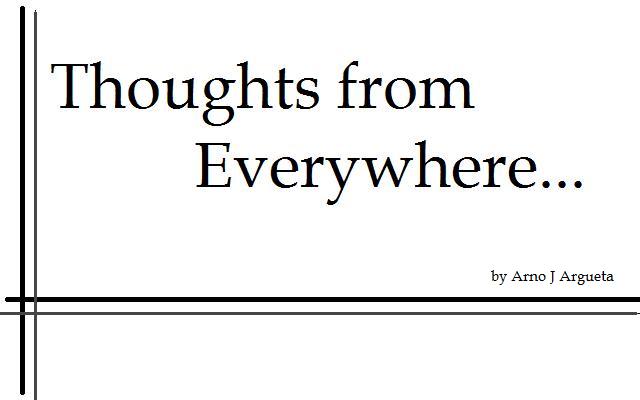vibra o som do sol queimando o silêncio ao redor
com o incinerador cimento reduzindo a cinzas o sujeito
que alguma vez pensou-se livre, acha-se hoje cremado,
vermelho lúgubre derramando luz laranja como fonte de lava
com o incinerador cimento reduzindo a cinzas o sujeito
que alguma vez pensou-se livre, acha-se hoje cremado,
vermelho lúgubre derramando luz laranja como fonte de lava
esclarecendo-se passa, embora, o tempo e assombra-se
pelas mudanças por si mesmo causadas, maldito Cronos
e seu tempo fora do tempo, vida eterna porém tão mortífera
vida sem vida, passando, rendida, como escombros
de uma velha igreja gótica enchida de arlequines vermelhos
e virgens de verdes e amarelos dourados, velho luxo sem brilho
em duas dimensões não se distingue o verdadeiro nível da mentira
e foge como baixo-relevo dos limites da de ser pedra o dançarino
que se acha deus ou homem, que se acha livre e pensa que pode
por si mesmo seu destino decidir, morre, à mercê de todo além
